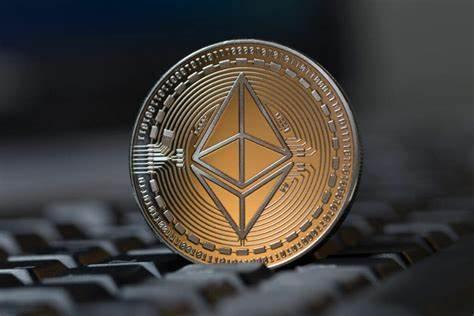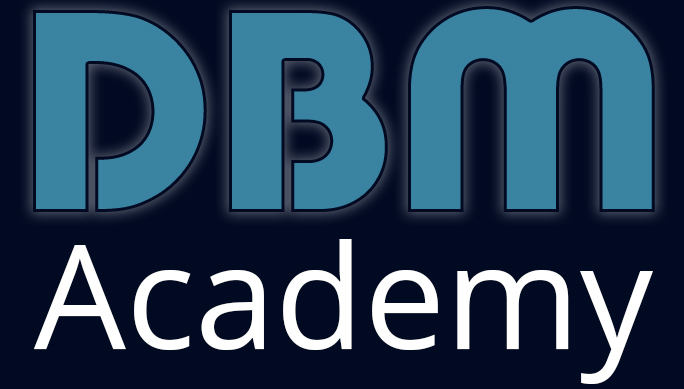Unraveling Ethereum: Empowering the Future of Decentralized Finance

Unraveling Ethereum: Empowering the Future of Decentralized Finance
In the dynamic realm of cryptocurrency and blockchain technology, Ethereum stands out as a revolutionary force.
Born in 2015, Ethereum has become far more than just a cryptocurrency – it's a decentralized platform that has transformed how we perceive transactions, contracts, and applications on the internet. Let's delve into the essence of Ethereum and understand why it's a game-changer.
At its core, Ethereum is an open-source blockchain platform designed to enable the creation and execution of smart contracts and decentralized applications (DApps). Unlike its predecessor, Bitcoin, which primarily serves as digital money, Ethereum expands the capabilities of blockchain technology. It introduces the concept of "smart contracts" - self-executing contracts with the terms of the agreement directly written into code. These contracts automatically execute when predefined conditions are met, eliminating the need for intermediaries and increasing transparency and efficiency.
Why own Ethereum? Learn more at www.dbm.academy
Ethereum's native cryptocurrency, Ether (ETH), fuels the platform by facilitating transactions and compensating participants for computational efforts – a process known as mining. However, Ethereum's transition to a proof-of-stake consensus mechanism, as part of Ethereum 2.0 upgrade of 2023, aims to make the network more energy-efficient and scalable.
One of Ethereum's most profound impacts has been on the realm of decentralized finance (DeFi). DeFi leverages blockchain technology to recreate traditional financial services such as lending, borrowing, and trading, removing the dependency on centralized intermediaries. Smart contracts on Ethereum enable users to interact with DeFi protocols directly, opening up a world of financial possibilities to anyone with an internet connection.
Ethereum's versatility doesn't end with DeFi. The platform has nurtured a vibrant ecosystem of DApps spanning various industries, from supply chain management and healthcare to gaming and social media. This dynamic environment is possible due to Ethereum's Ethereum Virtual Machine (EVM), a decentralized runtime environment that enables developers to build and deploy applications without worrying about the underlying infrastructure.
Why own Ethereum? Learn more at www.dbm.academy
However, Ethereum is not without its challenges. As its popularity grew, scalability issues became apparent, resulting in high transaction fees and slower confirmation times during peak usage. Ethereum 2.0 aims to address these concerns by implementing a shard-based architecture and transitioning to proof-of-stake.
In conclusion, Ethereum is a groundbreaking platform that goes beyond being a mere cryptocurrency. With its focus on smart contracts, decentralized applications, and innovations like DeFi, it has redefined how we interact with technology, finance, and each other online.
As Ethereum continues to evolve, it's poised to play a pivotal role in shaping the future of the decentralized digital landscape and how business is done globally.
Why own Ethereum? Learn more at www.dbm.academy

0 comments
Leave a comment
Please log in or register to post a comment